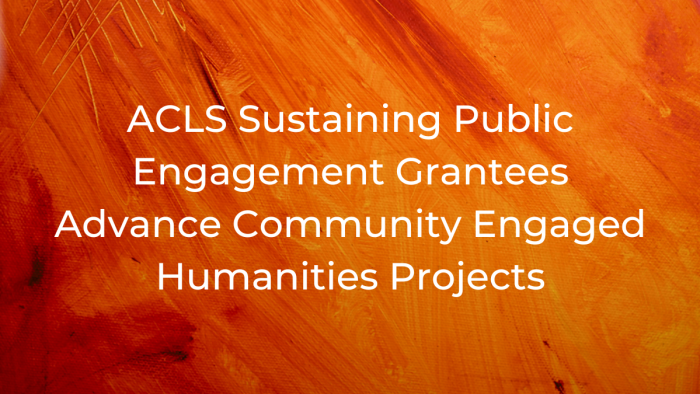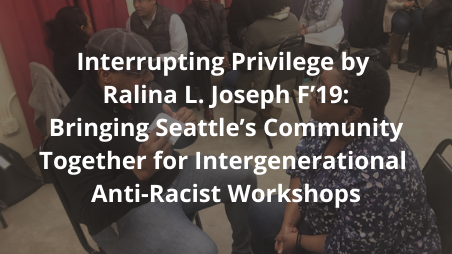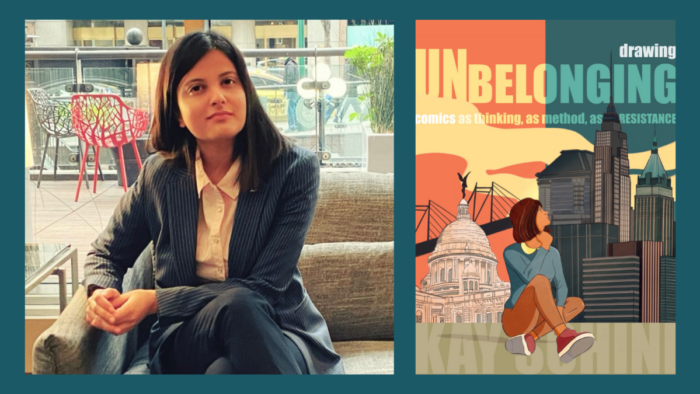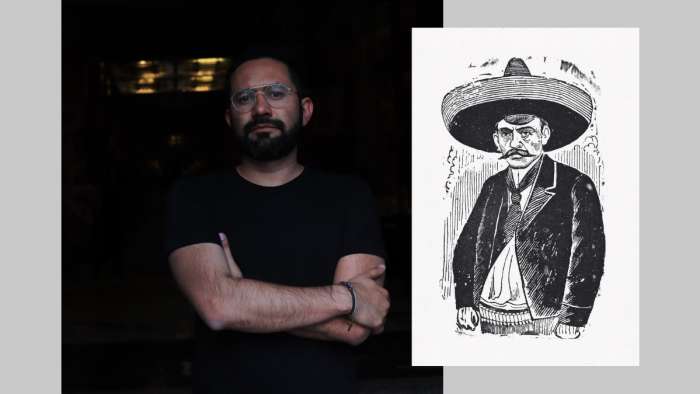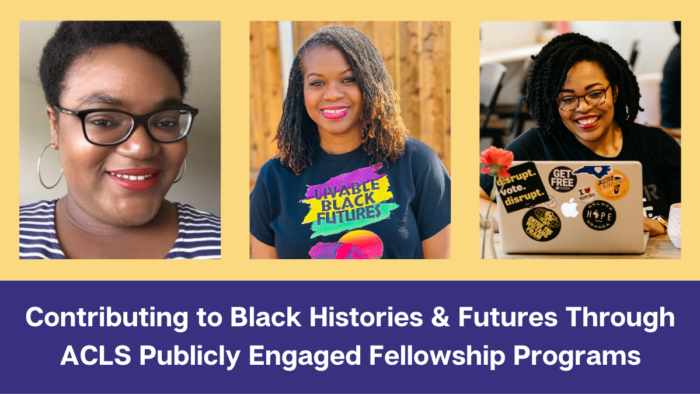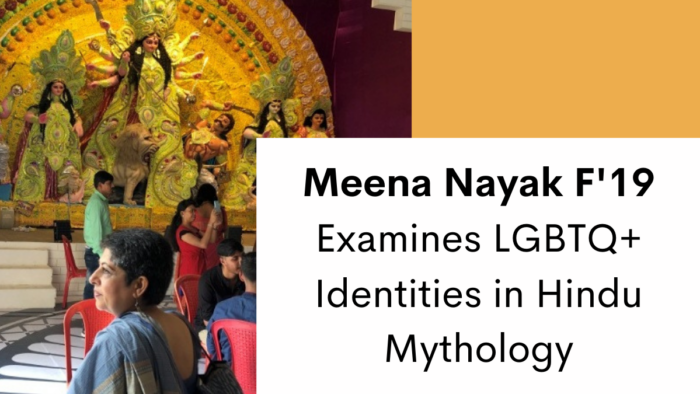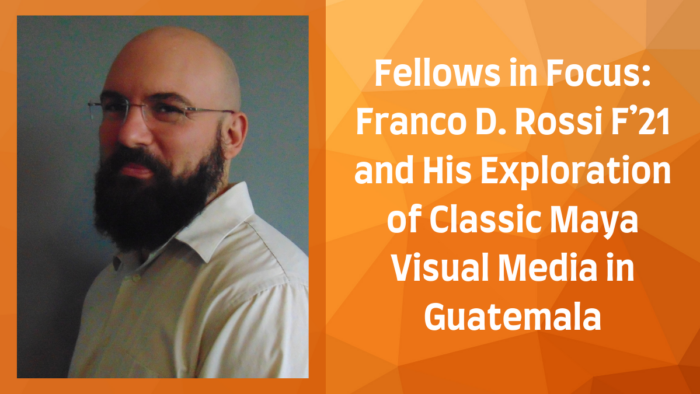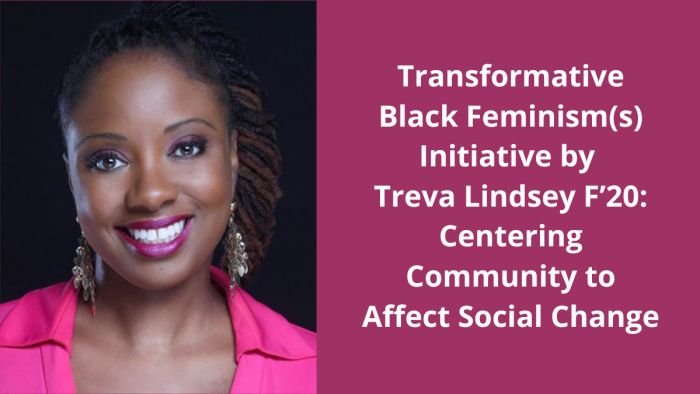

Happy New Year!
The start of the new year is the perfect time to trumpet the ACLS mission from the rooftops: to advance humanistic knowledge. That means securing funding for and managing our fellowship and grant programs, which support stellar scholars across dozens of fields, and advancing our assemblage of strategic initiatives: to help our member societies make the interpretive humanities and social sciences more equitable and welcoming to all; to accelerate progressive change in doctoral education and faculty advancement; to build lasting infrastructure for digital scholarship by and about underrepresented communities; and to prepare humanists to take leadership roles in their colleges and universities.
In advocating for our work, I often meet people I’ll call friendly skeptics who ask, why help people study and disseminate knowledge focused on topics that seem distant from contemporary experience when the need to redress injustices and fix broken systems is so obvious and urgent? The people asking it aren’t philistines; they are serious about tackling climate change, structural racism, misinformation, autocracy, inequality, and comparable problems. They want to know: What does humanistic knowledge actually do? How will it help others?
I offer three answers – and let me say up front that I welcome your suggestions for improvement!
Humanistic scholars make visible that which would otherwise remain invisible…If we are to understand the wicked problems I mentioned above, we must create more space for humanistic study and teaching.
The first I owe to W.E.B. DuBois, who famously argued that education cannot be limited to training in technical or pre-professional skills; it must foster ideas and dreams and critical thinking. As DuBois’ allusions to Cicero suggest, knowledge of other times and places stokes the imagination and informs our judgment, helping us imagine the society we want to live in and figuring out how to make it real. DuBois stresses, just as Cicero did, that there is intrinsic value in humanistic knowledge: it helps our minds stretch themselves out of old ruts and preconceptions. Even if it seems remote in its focus, humanistic scholarship galvanizes our thinking and thus deserves support.
Secondly, we look to – and are constantly inspired by– the scholarship we support. A quick glance at the projects described on our website shows that humanistic scholars make visible that which would otherwise remain invisible. They nourish care for things and people unknown to us before. They explain how we make sense of the world through reason, fantasy, desire, and hope. If we are to understand the wicked problems I mentioned above – and involuntary migration, labor movements, violence against women, and many more issues researched by ACLS fellows – we must create more space for humanistic study and teaching.
My third answer points to the achievements of Historically Black Colleges and Universities – specifically, the role they have played and continue to play in the fight for civil rights. As Jelani Favors describes in his brilliant book Shelter in a Time of Storm, institutions for Black learning began to foster activism for freedom and voting rights early in the nineteenth century. Scholarship undertaken at HBCUs on African and African American diaspora history and culture, as well as political philosophy and theology, informed and accelerated postwar activism, pushing the United States to fulfill its founding promise of justice and equality for all.
The achievement of HBCUs is all the more powerful – and to me, educated in predominantly white and wealthy institutions, humbling – given the pernicious under-funding of these 101 institutions, most recently documented by journalist Adam Harris, UNCF president Michael Lomax, and many others. We will explore the contributions and supporting the future of HBCUs at a dedicated panel at the 2023 Annual Meeting in April: I look forward to seeing many readers of this newsletter there.
With gratitude,

Joy
Why here, to this shore?
By Synnøve Persen
why, here, to the shore?
to depict the evening light?
or the hidden memories of the sea?
steep snow white mountains reach
higher
reflected on the sea bed
and I, like a shadow between them,
looking for words
[translated from Saami by Kaija Anttonen, in Poems from the Edge of Extinction, edited by Chris McCabe]

